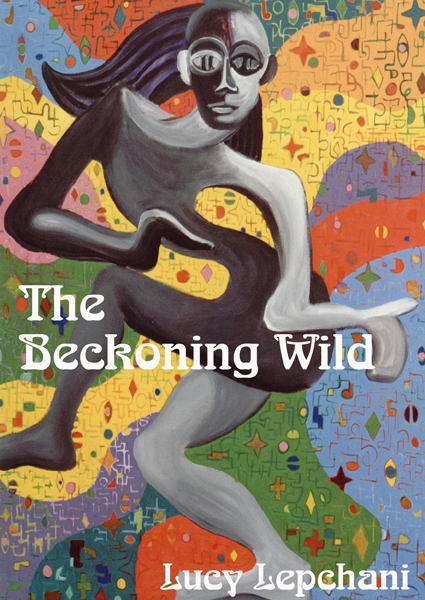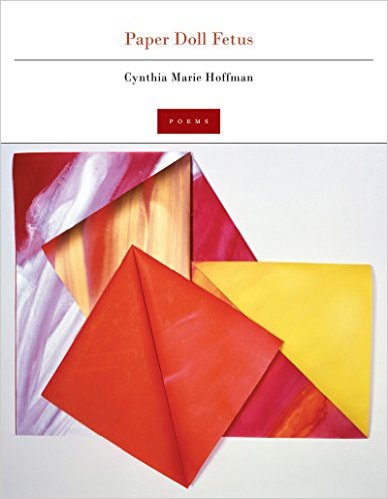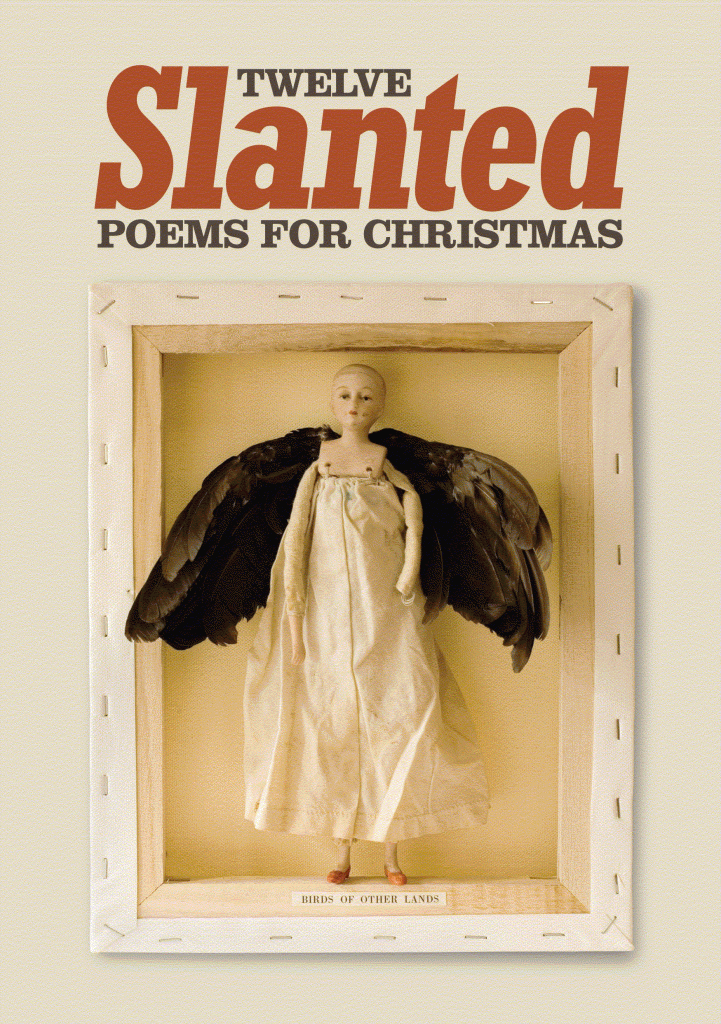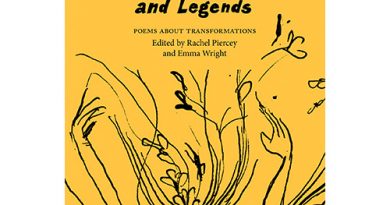The Beckoning Wild by Lucy Lepchani
– Reviewed by Bethany W. Pope –
Lucy Lepchani’s pamphlet, The Beckoning Wild, attempts to balance social awareness with free-flowing rhythms and bright images. Sometimes, Lepchani hits the sweet-spot, creating a poem which moves (in every sense) without leaving the reader reeling with a blunt blow from the didactic hammer; sometimes, the results are less successful. In any case, there is much to dissect and much to admire in this brief book, and that’s really all that anyone can ask for from a pamphlet.
In ‘The Fruit of the Jelabi Tree’ Lepchani explores themes of racism and isolation. In it, the narrator remembers what it was like to be viewed as ‘alien’ or ‘other’ by other children because of cultural differences which manifested most acutely over the course of a school lunch period. When everyone else brought out their sandwiches, their crisps, the speaker of this poem unpacked:
a jelabi
more than a handspan wide
bright amber-gold, and crisp and sweet
When the other children asked her what it was, she’d tell them a story even more exotic than the one they assumed, playing into their more ‘positive’ prejudices in an effort to spark friendships:
I would lie:
it’s the fruit of a Jelabi Tree
which grows in the jungles of India and
they protect those who eat them from harm.
Despite this, it seems that stories cannot disrupt the context of a child’s home. When the speaker offered the ‘fruit’ to her friends they:
would shake their heads
refuse
their parents had warned them about foreign food
because you can’t trust their hygiene
This poem struck the right balance; incorporating message into narrative without sacrificing the pleasure of story to the shackles of the cause. ‘Sarah Sang Scat-Jazz’ begins in a similar vein (it is the story of a woman who was made to become a musician) but although it starts out wonderfully, with a description of the mind of a natural singer, it devolves into blunt-trauma ‘telling’.
When Lepchani trusts her readers, when she places faith in their ability to parse subtext from description, her poems work very well. Here, she is describing what it’s like to have the kind of mind which plucks strains of song from the fury of a storm:
One night when she was ten a storm blew down,
big bad-wolf clouds wrapped black around town,
electric light leapt hotwire quick and blue
and thunders timpani drummed out its hue
and Sarah caught a song…
This works well because the poet has engineered the line in such a way as to force the reader to inhabit a different kind of mind. Had the poem continued in this vein it would have been wonderful. Unfortunately, the tone shifts dramatically in the final third of the poem. Sarah marries and we are told:
the fate of certain women of a certain age is that
husbands and small children, sometimes, keep them from the stage
and melodies that sound good in the shower
have yet to find their place of grace and power –
a time when life holds more than ‘wife’ or ‘mum’.
The language and the rhythm has changed. In earlier stanzas, fairy-tale images (the big bad-wolf clouds) swirled caught in a more free-flowing (dare I say ‘jazzlike’) beat. The final stanzas trade in that improvised freedom for Charles Perrault’s didactic, moralistic drumbeat. It is possible that this effect was intentional. I do not think that it benefited the poem as a whole.
Finally, ‘The World is Our Own Back Yard’ adds a layer of paint to a well-used theme: the idea that international, political peace begins at home:
If I stop throwing snails into my neighbours garden
and she stops her cats from crapping in mine,
and the kids across the street stop dissing each other,
stop spitting, stop hissing between their teeth,
start telling little kids that their cycle helmets are cool…
The domino effect takes over in a positive way, culminating with a scenario in which people ‘might phone their MPs’ and promise to vote only for ‘policies that promise more love, and more love, and more love.’ There isn’t really anything new here, but that’s not a real problem. The presentation is nice; it’s an engaging poem to read. And it is a good, old idea which no one has taken up yet.
The Beckoning Wild is full of such poems, and they are all challenging – just possibly not in quite the way the author intended.





